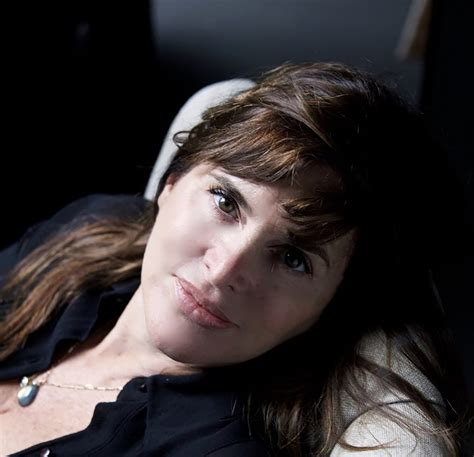A Quote by Frances Hesselbein
At one time, there was a stereotype that your Girl Scout leader was the mother of a Brownie, but increasingly, we are having young businesswomen and professional women who are not mothers but care about children.
Related Quotes
The time-use studies also show that employed women spend as much time as nonworking women in direct interactions with their children. Employed mothers spend as much time as those at home reading to and playing with their young children, although they do not, of course, spend as much time simply in the same room or house with the children.
Rilke has a very bizarre relationship to women because his mother had an older child, a girl who died when she was a baby. So when Rilke was born she named him Sophie and dressed him as a girl until he was 7. And psychologically, the repercussions of that made him the genius that he is. By the time he was 35, he was continuously falling in love with older women, mother figures, spiritual mothers.
The most unacknowledged spending expectation among women is the amount of time spent by single mothers caring for children, not only physically, but psychologically. It is my feeling that only a small percentage of a mother's time is normally compensated for by child support, given what a woman could make adding these hours to workforce hours. It is why women who have never been married and never had children earn so much more in the workplace than women who have had children.
Mothers who are strong people, who can pursue a life of their own when it is time to let their children go, empower their childrenof either gender to feel free and whole. But weak women, women who feel and act like victims of something or other, may make their children feel responsible for taking care of them, and they can carry their children down with them.
I specially want to have young women not to wait as I did until my children were grown, but young women to come in to gain their seniority so they could be respected leaders at a much earlier age. It's important for all women to see young women who share their experience whether it's as a working mom with young children, who understands the struggle and the aspirations of young women in a similar situation. And if they don't have family and they're pursuing their career women should see that as well.
Ideas about mothers have swung historically with the roles of women. When women were needed to work the fields or shops, experts claimed that children didn't need them much. Mothers, who might be too soft and sentimental, could even be bad for children's character development. But when men left home during the Industrial Revolution to work elsewhere, women were "needed" at home. The cult of domesticity and motherhood became a virtue that kept women in their place.
Given Freudian assumptions about the nature of children and the biological predestination of mothers, it is unthinkable for mothers voluntarily to leave their babies in others' care, without guilt about the baby's well-being and a sense of self-deprivation. Mothers need their babies for their own mental health, and babies need their mothers for their mental health--a reciprocal and symbiotic relationship.

































